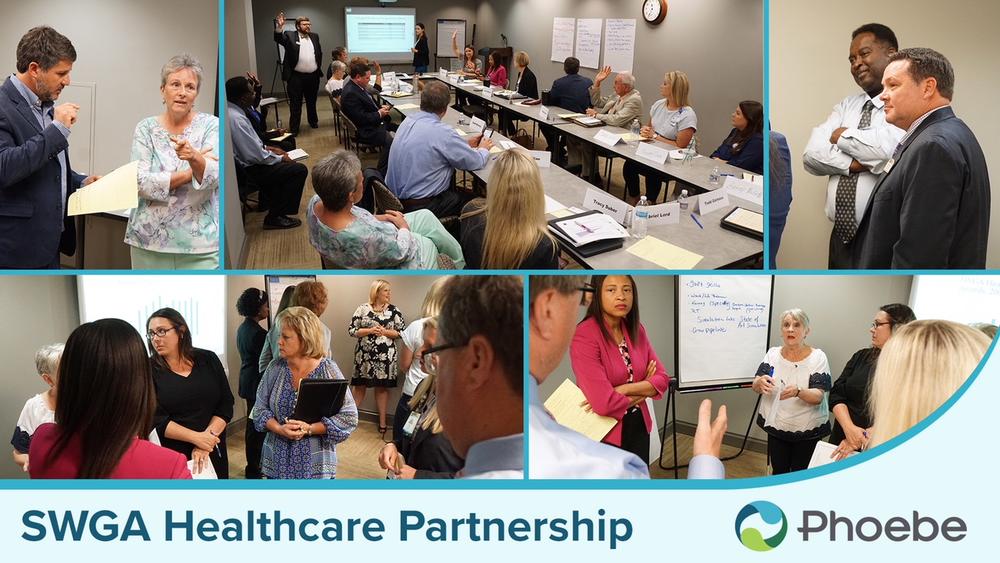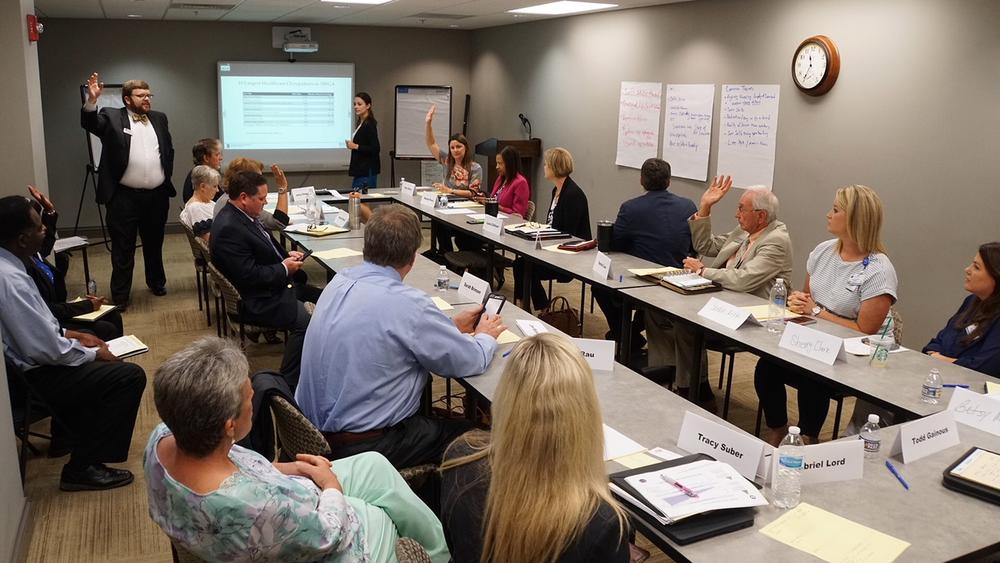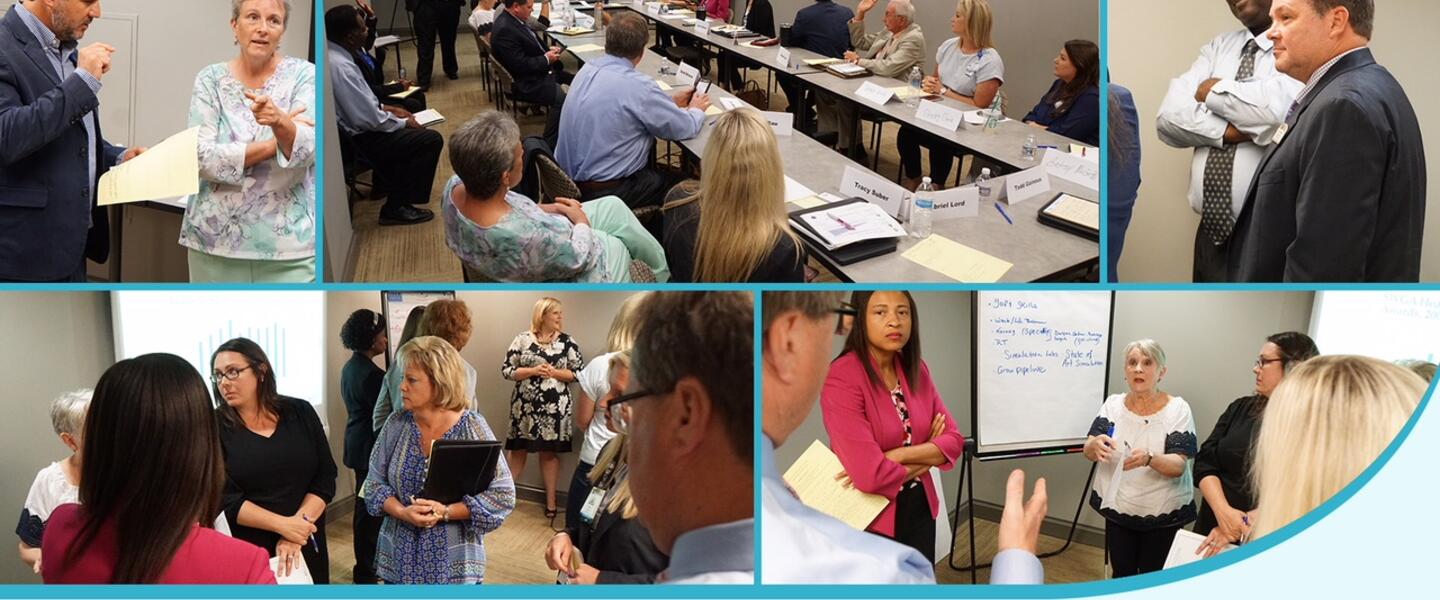
Section Branding
Header Content
How Can We Fill More Healthcare Jobs To Southwest Georgia? Here’s A Start
Primary Content

WorkSource Southwest Georgia is using a federal grant worth $186,000 to engage the healthcare community in order to bring more healthcare jobs to a part of the state that could use them.
WorkSource Southwest Georgia includes 14 counties and 44 cities. Its goal is to ensure the local area has an effective, well-trained workforce attractive to various industries.
One industry it very much wants to attract is the healthcare sector, as nurses and doctors are vital to any community. Using the federal grant, WorkSource Southwest Georgia engaged business and community leaders in an effort of creating a plan of action to help fill these jobs to the area.
This meeting of the minds is called a needs assessment day, and it was run in part by the Carl Vinson Institute of the University of Georgia. The Carl Vinson Institute supports WorkSource Southwest Georgia at these events by providing meeting facilitation, coaching, and technical assistance.
“During the initial development stage of a sector partnership, it is critical for the key partners to hear from employers in the sector they are focusing on,” Greg Wilson of the Carl Vinson Institute told Georgia@Work. “The needs assessment day brings together the project steering committee with the CEOs, managers, and HR directors from local employers to learn about their hard-to-fill jobs, skills gaps, and how workforce development can help them meet their talent needs.

In southwest Georgia, the steering committee heard from Phoebe Putney Health System, Colquitt Regional Medical Center, Miller County Hospital, Albany Area Primary Health Care, and Primary Care of Southwest Georgia.”
The goal of the event is to learn about the specific needs of healthcare employers in the region and to begin to identify potential ways of meeting those needs. One aspect of concern for employers was the lack of soft skills they’re seeing in potential candidates.
We’ve written about soft skills before (here) and we’ve even spoken with an HR Director in Georgia to ask him what he means when he refers to soft skills. In face, the HR Director had one soft skill everyone needs, and I bet it’s not what you’d expect.
Improving soft skills is just one thing the area needs, and more sessions will be necessary to figure out more needs as well as how to implement any new programs. The steering committee will meet in late July to review the needs assessment and create new priorities for the sector partnership.






